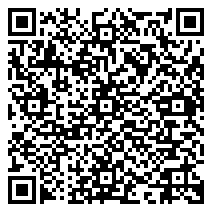

As satellite communication systems continue to evolve, we are witnessing a revolution that is poised to reshape the industry in the near future. From basic satellite communication systems to the latest advancements in satellite technology, the industry is rapidly transforming. This course is designed to cover the most recent developments in satellite communication systems, providing participants with an in-depth understanding of key concepts such as satellite coordinate systems, network topologies, and VSAT technologies. Whether you're looking to understand what a satellite communication system entails, or you're aiming to enhance your skills in satellite communication systems design, this course is tailored to equip you with the necessary tools for success.
By the end of this Satellite Communication Systems course, participants will be able to:
This satellite communication training course is your gateway to mastering the intricacies of satellite communication systems. From understanding the basics of satellite communication systems to advanced concepts like link budgeting for satellite communication and satellite network coordination, this course provides the tools you need to succeed. Whether you're an engineer, network planner, or telecommunications professional, you'll leave this course with valuable, actionable knowledge to enhance your expertise in satellite systems.
Take the next step in your career and ensure you're at the forefront of satellite technology and communications innovations. Don't miss this opportunity to expand your skill set and become a certified expert in satellite communication systems.
